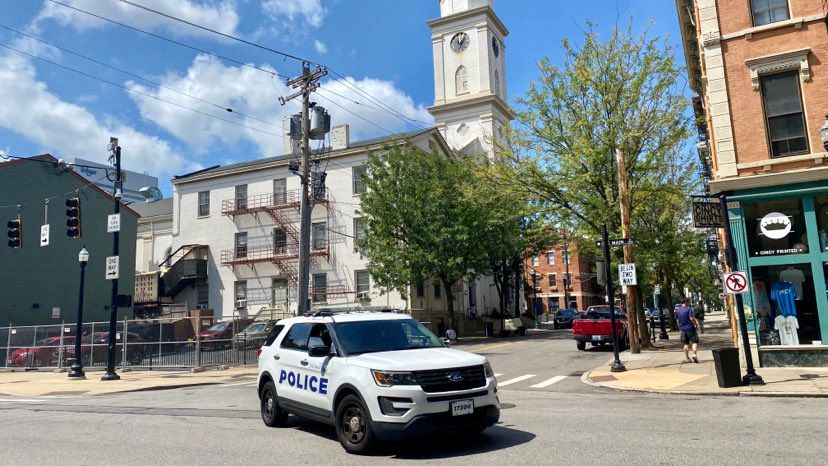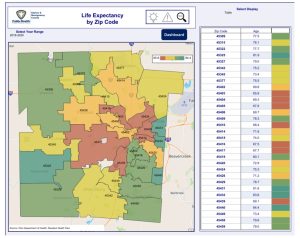Clean energy tax credits will be accessible to nonprofit groups and state and local governments under changes rolled out by the Biden administration Wednesday.
What You Need To Know
- Clean energy tax credits will be accessible to nonprofit groups and state and local governments under changes rolled out by the Biden administration Wednesday
- The Treasury Department released guidance on direct pay and transferability provisions that were included in the Inflation Reduction Act that Congress passed last August
- Direct pay will, for example, make it easier for local governments to electrify their vehicle fleets and add solar panels to school and city buildings, Podesta said
- Podesta said the ability to transfer tax credits “will help accelerate private sector financing and unlock literally billions of dollars of capital for clean energy projects”
The Treasury Department released guidance on direct pay and transferability provisions that were included in the Inflation Reduction Act that Congress passed last August.
Direct pay allows an organization or government entity to treat earned tax credits as an overpayment of taxes, allowing it to receive a direct payment of cash from the Treasury Department. Transferability allows developers to sell or transfer tax credits they received to other entities, offsetting their tax liability.
Administration officials said tax credits created by the Inflation Reduction Act have helped spur $107 billion in clean energy investments in the past 10 months. But until now, nonprofits and state, local and tribal governments have been ineligible for the tax breaks.
“That’s a game changer for our ability to spread the benefits of clean energy in every community in America,” John Podesta, senior adviser to the president for clean energy innovation and implementation, said in a call with reporters Tuesday.
Direct pay will, for example, make it easier for local governments to electrify their vehicle fleets and add solar panels to school and city buildings, Podesta said. It’ll also help rural energy co-ops that invest in clean energy sources such as wind, solar and geothermal created jobs, he added. And it will help nonprofit hospitals, houses of worship and charities reduce their energy use and save money, allowing them to invest more into their missions, Podesta said.
“Direct pay is about investing in communities, bringing the health and economic benefits of clean energy to more Americans and tackling the climate crisis, which is why today marks a big milestone toward our clean energy future,” Podesta said.
The Biden administration has set goals to cut emissions in the next seven years by half compared to 2005 levels, transition to 100% clean energy by 2035 and build a net-zero economy by 2050.
Michelle Moore, CEO of Groundswell, a nonprofit that promotes clean energy programs, said the direct pay provision, means nonprofit groups such as churches, affordable housing organizations, educational institutions and rural co-op utilities “can finally own their own power.”
She gave an example of a Groundswell project under construction in Baltimore — a community resilience hub with solar and energy storage — for City of Refuge, a faith-based nonprofit serving neighborhoods where 40% of residents live below the federal poverty line.
“The new direct pay option means that City of Refuge will own that project themselves,” she said. “The full value of the solar tax credit will be paid directly to them. And the resulting long-term electricity bill savings mean City of Refuge will have more money for the mission to support the health, food, housing and job training programs.”
Podesta said the ability to transfer tax credits “will help accelerate private sector financing and unlock literally billions of dollars of capital for clean energy projects.”
Deputy Treasury Secretary Wally Adeyemo said the Treasury Department has planned a public education campaign over the coming months to ensure nonprofits and government entities can take advantage of the new provisions.
The Treasury Department also released guidance Wednesday on direct pay incentives under the CHIPS and Science Act to boost domestic computer chip production.




